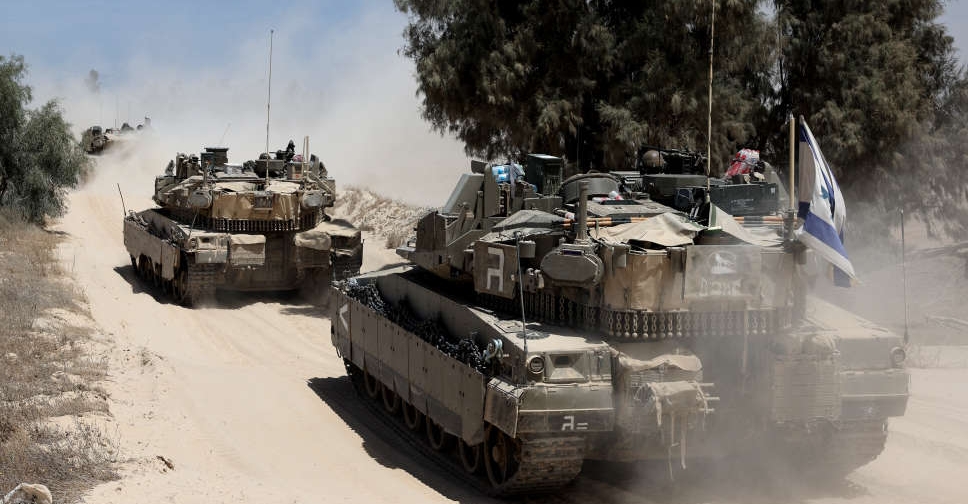
Palestinians in Gaza were left waiting for the promised arrival of food on Wednesday despite mounting international and domestic pressure on the Israeli government to allow more aid to reach a population on the brink of famine after an 11-week blockade.
Fewer than 100 aid trucks have entered Gaza, according to Israeli military figures, since Monday, when Prime Minister Benjamin Netanyahu's government agreed to lift the blockade that has forced Gazans into a desperate struggle to survive.
With air strikes and tank fire continuing to pound the enclave, killing dozens of people on Wednesday, local bakers and transport operators said they had yet to see fresh supplies of flour and other essentials.
Abdel-Nasser Al-Ajramy, the head of the bakery owners' society, said at least 25 bakeries that were told they would receive flour from the World Food Programme had seen nothing.
The resumption of the assault on Gaza since March, following a two-month ceasefire, has drawn condemnation from countries that have long been cautious about expressing open criticism of Israel. Even the United States, the country's most important ally, has shown signs of losing patience with Netanyahu.
Britain has suspended talks with Israel on a free trade deal, and the European Union said it will review a pact on political and economic ties over the "catastrophic situation" in Gaza. Britain, France and Canada have threatened "concrete actions" if Israel continues its offensive.
Netanyahu, trailing in the opinion polls and facing trial at home on corruption charges which he denies as well as an arrest warrant from the International Criminal Court has so far sided with the hardliners.
Air strikes and tank fire killed at least 34 people across the Gaza Strip on Wednesday, Palestinian health authorities said. The Israeli military said air strikes hit 115 targets, which it said included rocket launchers, tunnels and unspecified military infrastructure.
As some trucks left Kerem Shalom, the sprawling customs and logistics hub at the south-eastern corner of the Gaza Strip, a small group of Israeli protestors angry that any supplies were being let into Gaza while hostages were still held there tried to block them.
Israel imposed the blockade at the beginning of March, saying Hamas was seizing supplies meant for civilians, a charge denied by the group.
A new US-backed system, using private contractors, is due to begin aid distribution in the near future but the plan has been criticised by aid groups and many key details remain unclear.
Israel launched its campaign in Gaza in response to the Hamas attack on October 7, which killed some 1,200 people by Israeli tallies and saw 251 hostages abducted into Gaza.
The campaign has killed more than 53,600 Palestinians, according to Gaza health authorities, and devastated the coastal strip, where aid groups say signs of severe malnutrition are widespread.



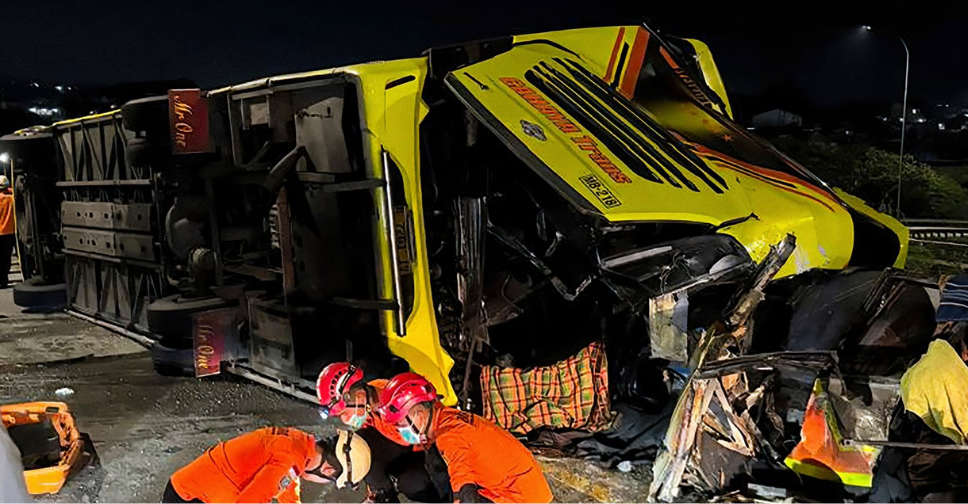 Passenger bus crash in Indonesia kills at least 16 people
Passenger bus crash in Indonesia kills at least 16 people
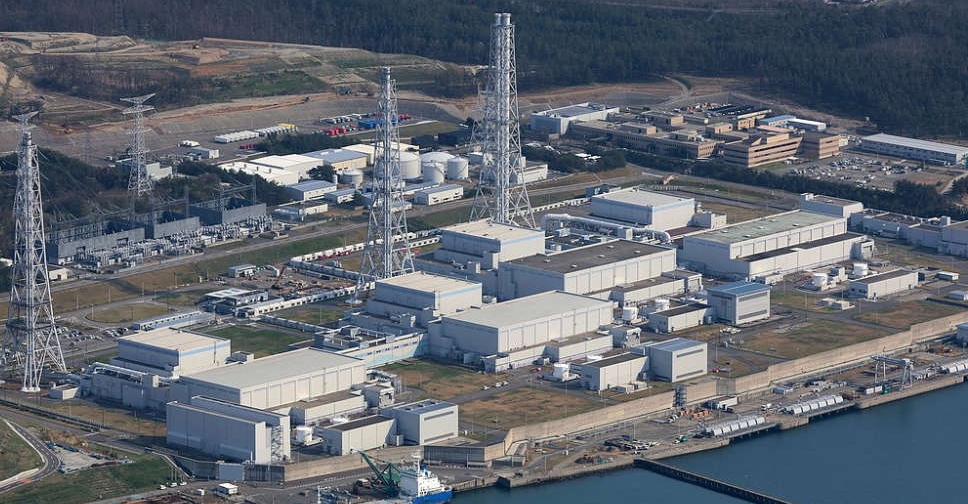 Japan prepares to restart world's biggest nuclear plant
Japan prepares to restart world's biggest nuclear plant
 Remaining 130 abducted Nigerian students have been released, official says
Remaining 130 abducted Nigerian students have been released, official says
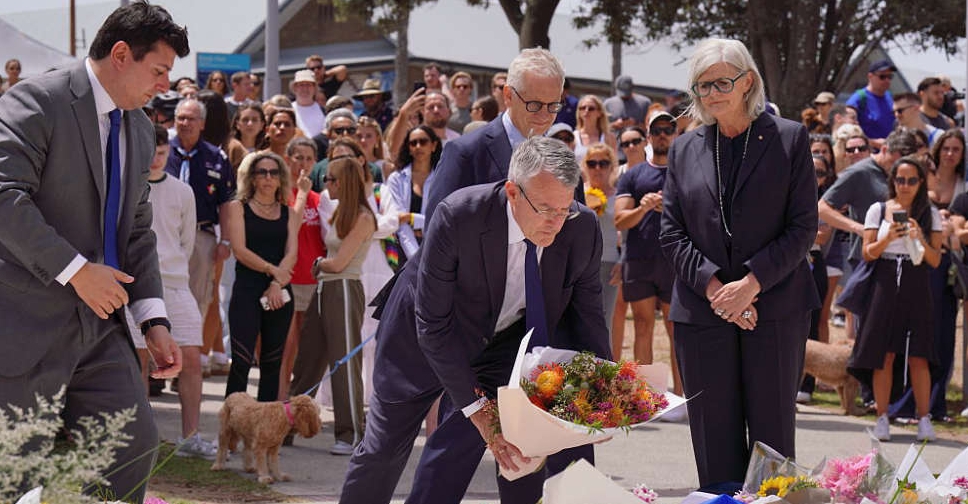 Failed homemade bombs thrown before Bondi shooting, police tell court
Failed homemade bombs thrown before Bondi shooting, police tell court
 Malaysia court denies ex-PM Najib's bid to serve jail sentence at home
Malaysia court denies ex-PM Najib's bid to serve jail sentence at home
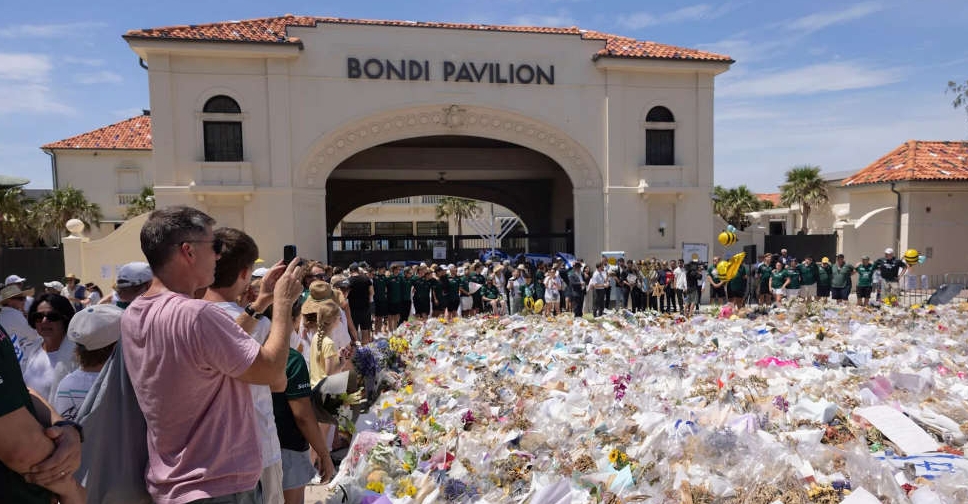 Australian PM booed as Bondi Beach attack victims honoured
Australian PM booed as Bondi Beach attack victims honoured
 Kremlin: Revised US proposals don't improve peace outlook
Kremlin: Revised US proposals don't improve peace outlook
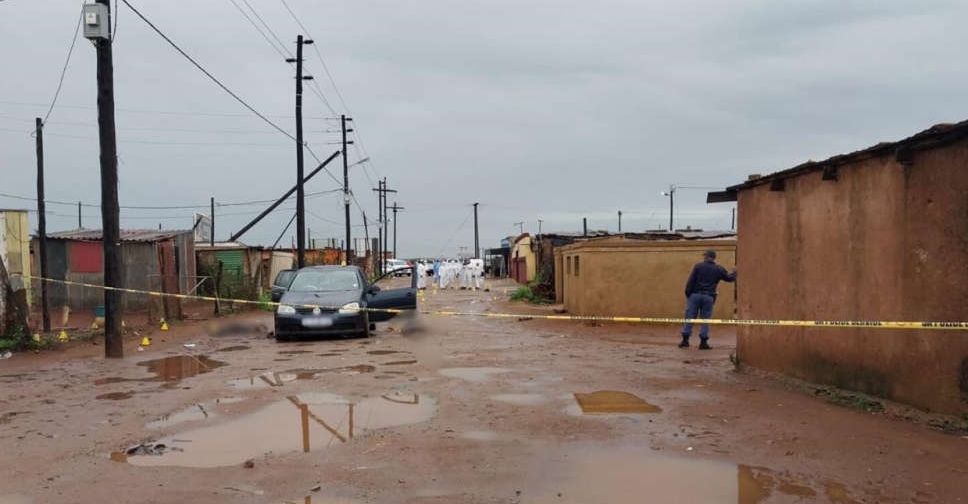 Nine killed, 10 injured in shooting in South Africa
Nine killed, 10 injured in shooting in South Africa




